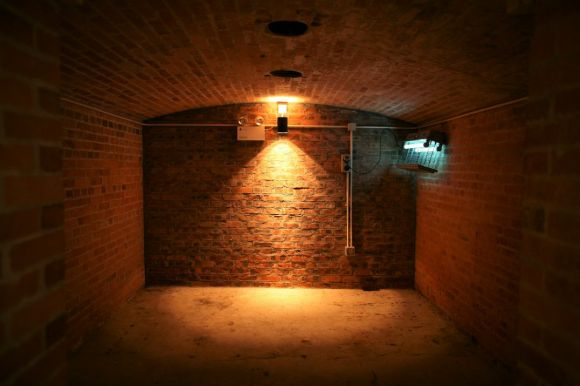Sewage backup in the basement is a homeowner’s worst nightmare. Not only does it create a foul smell and unsightly mess, but it also poses serious health risks. Understanding the causes of sewage backup can help prevent it from happening and minimize the damage when it does occur. In this article, we will explore the common reasons why sewage backup occurs in basements and discuss some preventive measures.
Clogged or Damaged Sewer Lines
One of the most common causes of sewage backup in the basement is clogged or damaged sewer lines. Over time, debris, tree roots, and other foreign objects can accumulate in the sewer pipes, obstructing the flow of wastewater. Additionally, aging pipes can become cracked or collapsed, causing sewage to back up into the basement. Regular inspections and maintenance of the sewer lines can help identify and address any issues before they escalate.
Heavy Rainfall and Flooding
Another common cause of sewage backup in the basement is heavy rainfall and flooding. During periods of intense rain, the sewer system can become overwhelmed with excess water, leading to sewage backup. In some cases, the water table can rise to the point where it enters the basement through floor drains or cracks in the foundation. Installing a sump pump and having adequate drainage systems can help mitigate the risk of basement flooding and sewage backup.
Improper Disposal of Wastes
The improper disposal of household wastes can also contribute to sewage backup in the basement. Items such as diapers, paper towels, feminine hygiene products, and grease should never be flushed down the toilet or poured down the sink. These items can easily clog the sewer pipes and cause wastewater to back up into the basement. Educating household members about proper waste disposal practices is essential for preventing sewage backup.
Structural Defects
Structural defects in the plumbing system can also lead to sewage backup in the basement. If the pipes are not properly installed or if there are leaks or cracks in the system, wastewater can seep into the basement. In some cases, the plumbing system may not have been designed to handle the volume of wastewater, leading to backups and overflows. Regular inspections and repairs of the plumbing system can help identify and rectify any structural defects.
Preventive Measures
To prevent sewage backup in the basement, there are several preventive measures that homeowners can take. First and foremost, regular maintenance and inspections of the sewer lines and plumbing system are essential. This includes cleaning out debris, removing tree roots, and repairing any damages. Installing a backwater valve can also prevent sewage from flowing back into the basement during heavy rainfall or flooding. Additionally, educating household members about proper waste disposal practices and avoiding excessive water usage can help minimize the risk of sewage backup.
In conclusion, sewage backup in the basement can be a major headache for homeowners. Understanding the common causes of sewage backup and taking preventive measures can help minimize the risk and potential damage. Regular maintenance of the sewer lines and plumbing system, proper waste disposal practices, and installing preventive devices can go a long way in preventing sewage backup. By being proactive and taking necessary precautions, homeowners can ensure a clean and safe basement free from sewage backups.



